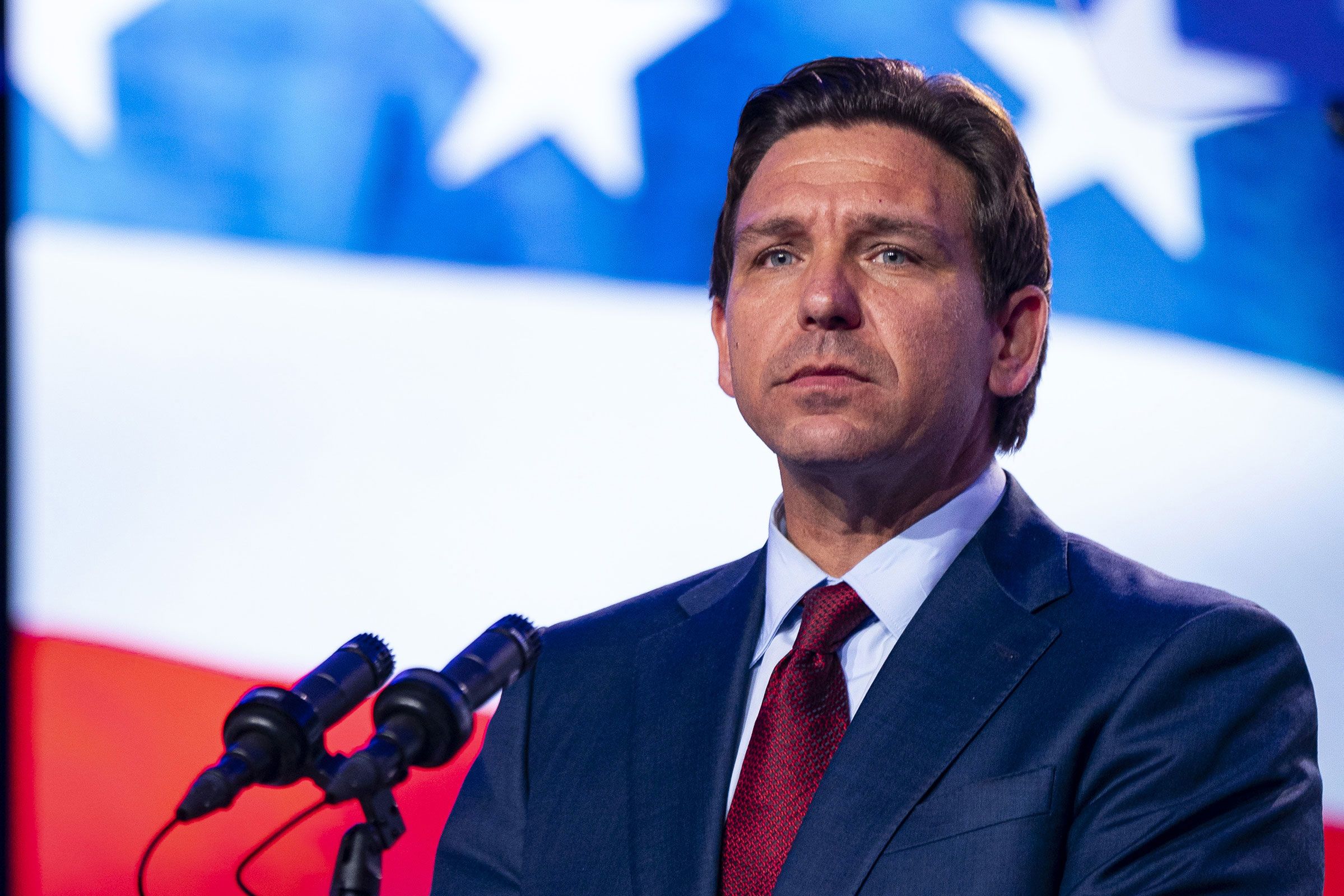In a surprising turn of events, Florida Governor Ron DeSantis, once considered Donald Trump’s most formidable rival in the Republican presidential primary, announced on Sunday that he is suspending his campaign for the White House and endorsing the former president. The announcement, shared via a video on platform X, follows a disappointing second-place finish in the recent Iowa Republican caucuses.
Despite past disagreements with Trump, particularly on the handling of the Coronavirus pandemic and the promotion of Anthony Fauci, DeSantis expressed his support for Trump over current President Joe Biden. He also pledged to honor his commitment to support the Republican nominee, dismissing the “old Republican guard” and the “warmed-over corporatism” represented by Nikki Haley.
With DeSantis stepping down, former South Carolina Governor Nikki Haley remains the only alternative to Trump in the race. However, she faces a daunting task of consolidating support and catching up to the front-runner. DeSantis’ decision to withdraw was influenced by several days of discussions with donors, and it became evident over the weekend that his campaign lacked the rationale and financial backing to continue.
DeSantis’ withdrawal is a significant setback for a once-promising GOP star. His inability to meet the high expectations of his candidacy has sparked a wave of second-guessing among close allies and advisers. Some believe DeSantis was too slow to challenge Trump, while others think his team underestimated Nikki Haley. However, many remain convinced that DeSantis could not have wrestled the party away from Trump’s loyal and sizable followers.
DeSantis has attributed his performance to various challenges, including Iowa’s weather, conservative media’s loyalty to Trump, and an unprecedented barrage of negative ads against him. However, he has not faulted his main pitch to voters – his record of accomplishment in Florida – which he continued to highlight in his speeches until his final moments as a presidential candidate.
DeSantis’ political future remains uncertain. At 45, he still has three years left in his second term as governor before he is term-limited. In recent weeks, DeSantis has hinted at a potential 2028 bid, claiming that some Trump supporters have already encouraged it.
DeSantis’ journey to becoming a White House contender was not straightforward. It wasn’t until his third term in the US House in 2017 that he began to make a name for himself as a loyal defender of Trump on Fox News. With Trump’s backing, DeSantis won the Florida governorship in 2018. He then spent the next four years charting a distinct path from his one-time ally, earning media coverage from right-wing outlets along the way.
Despite his campaign’s challenges, DeSantis remained a viable candidate until the voting started, a testament to his relentless appetite for campaign stops and media appearances. However, the grind of the campaign eventually took its toll. Despite this, DeSantis maintained that he had no regrets about running.
“If I had been sitting on the sidelines, and Republicans end up losing in 2024, people then would have said, ‘Oh, well, you had the opportunity to do something, and you didn’t,'” he said in a recent interview. “So, anyone can sit there and carp on the sidelines – get in the arena, and fight for what you believe in.”
This story has been updated with additional reporting. CNN’s Kaitlan Collins and Jeff Zeleny contributed to this report.

